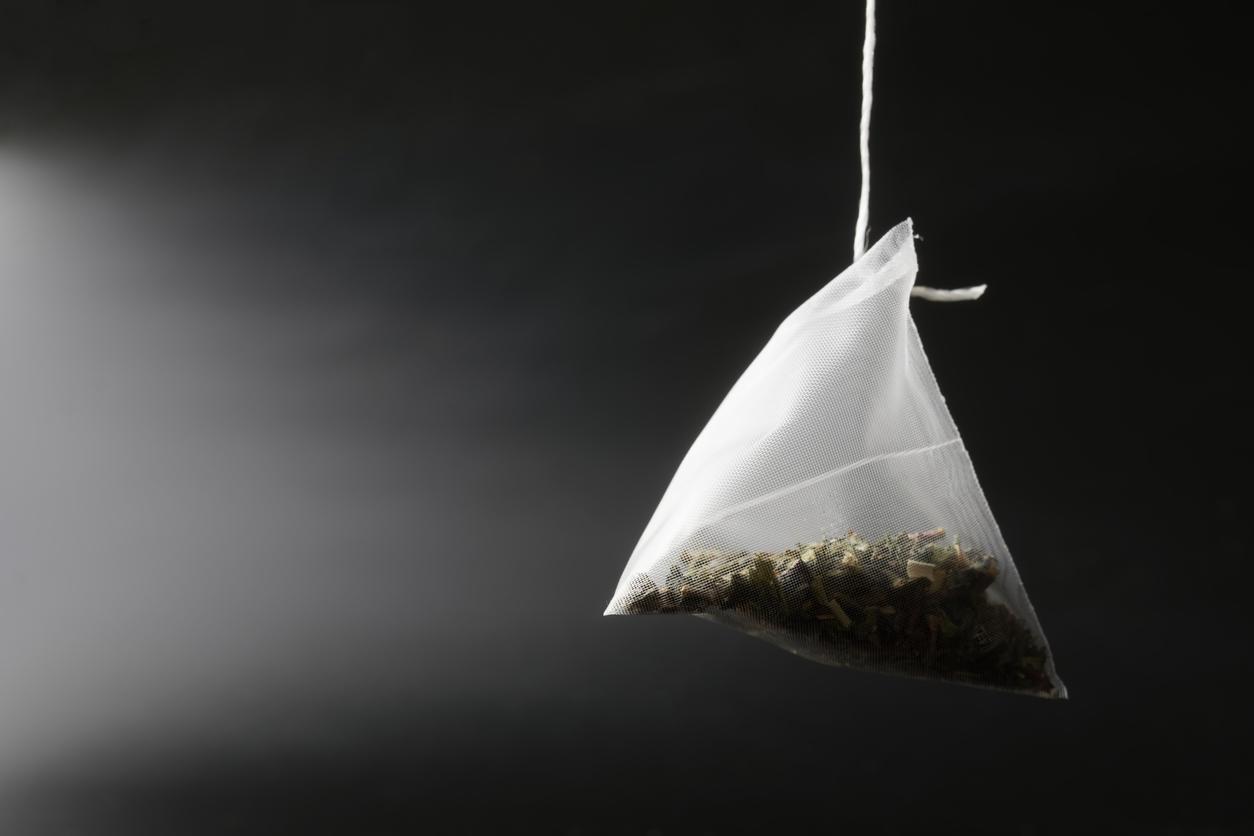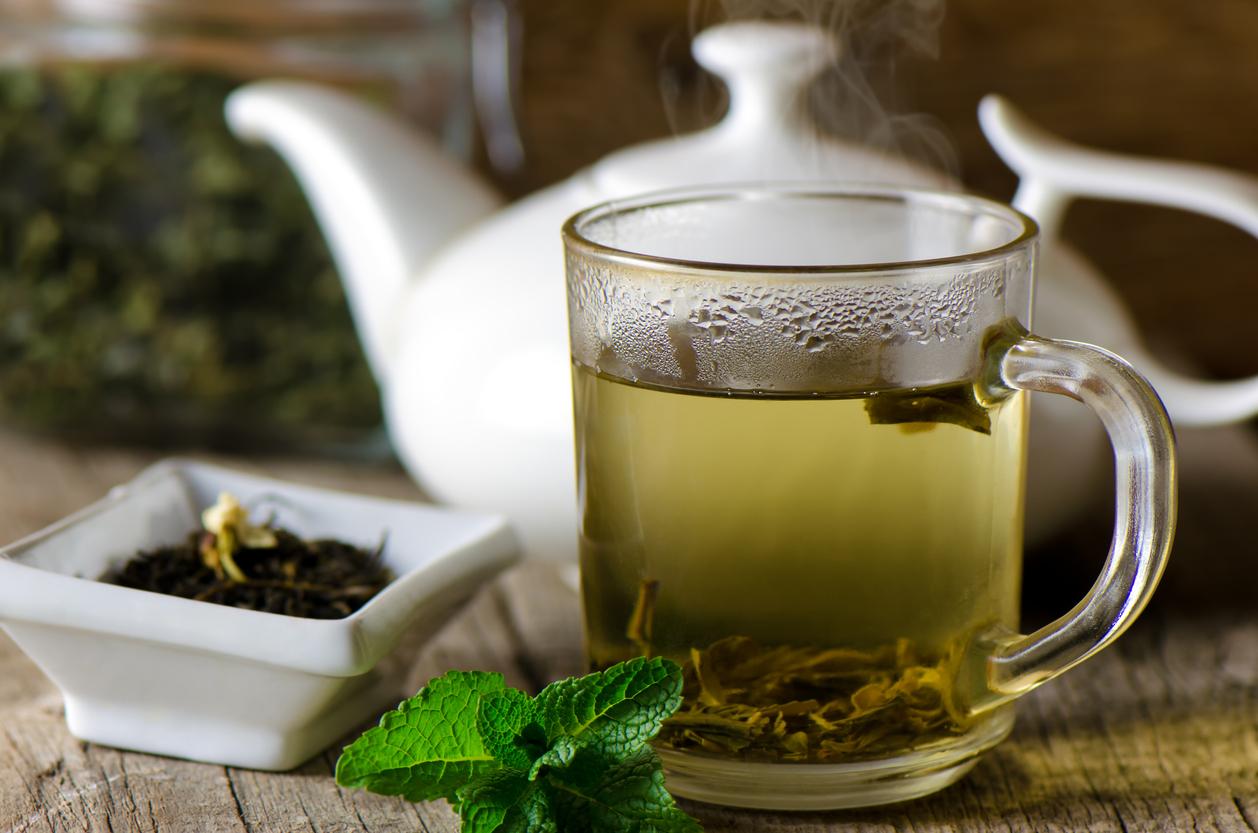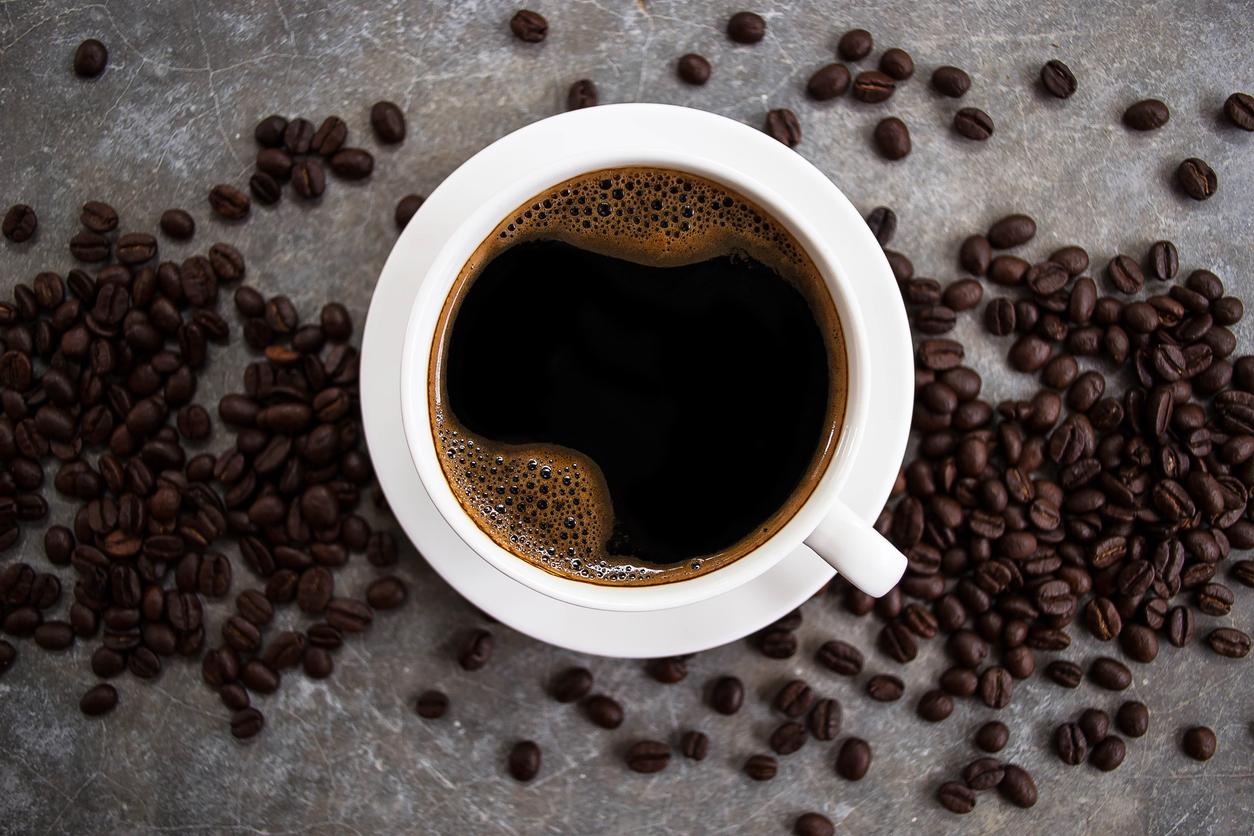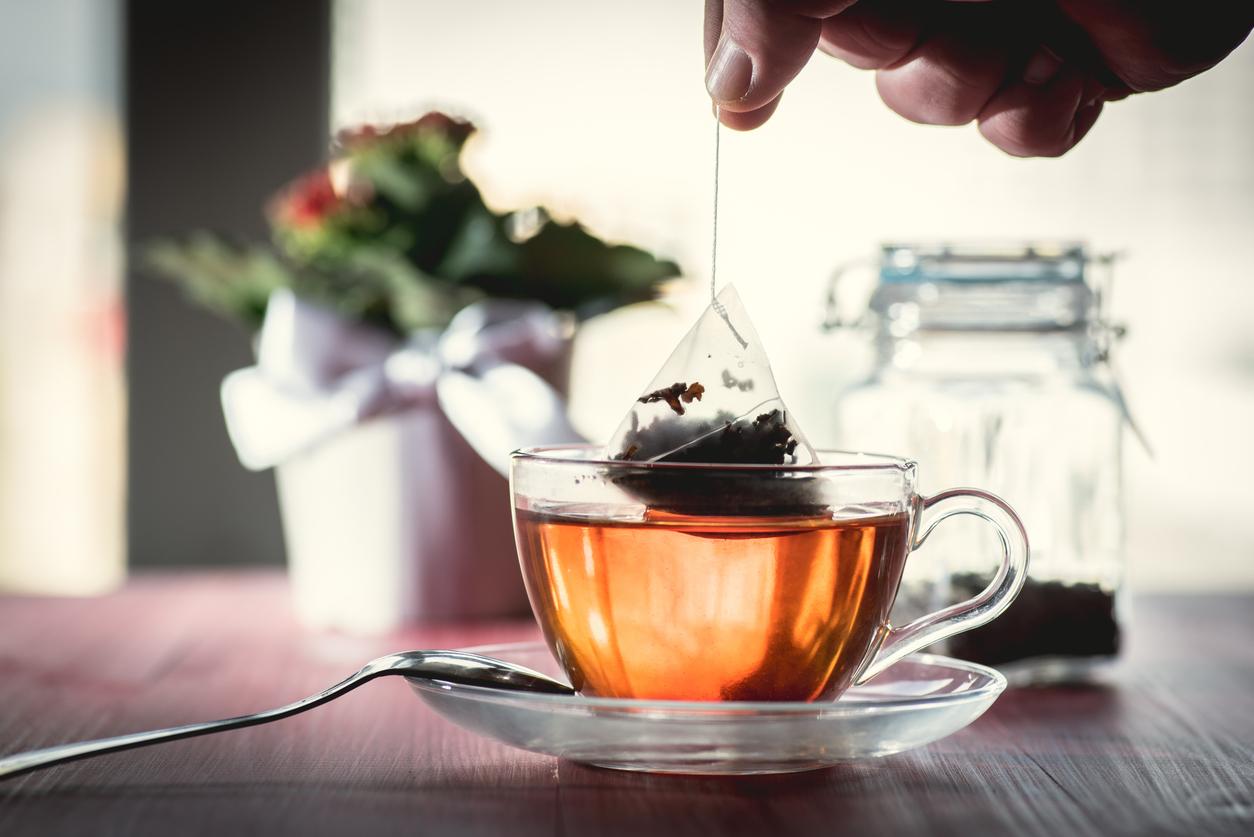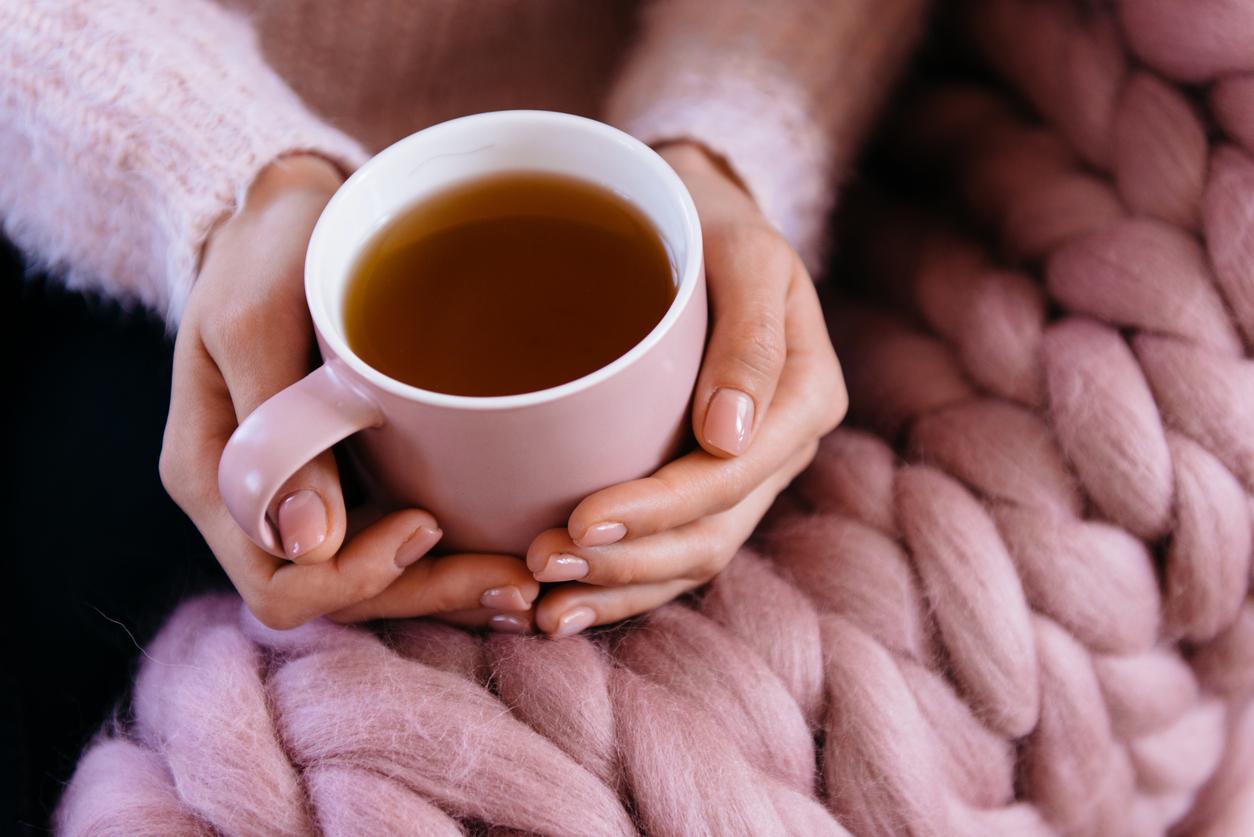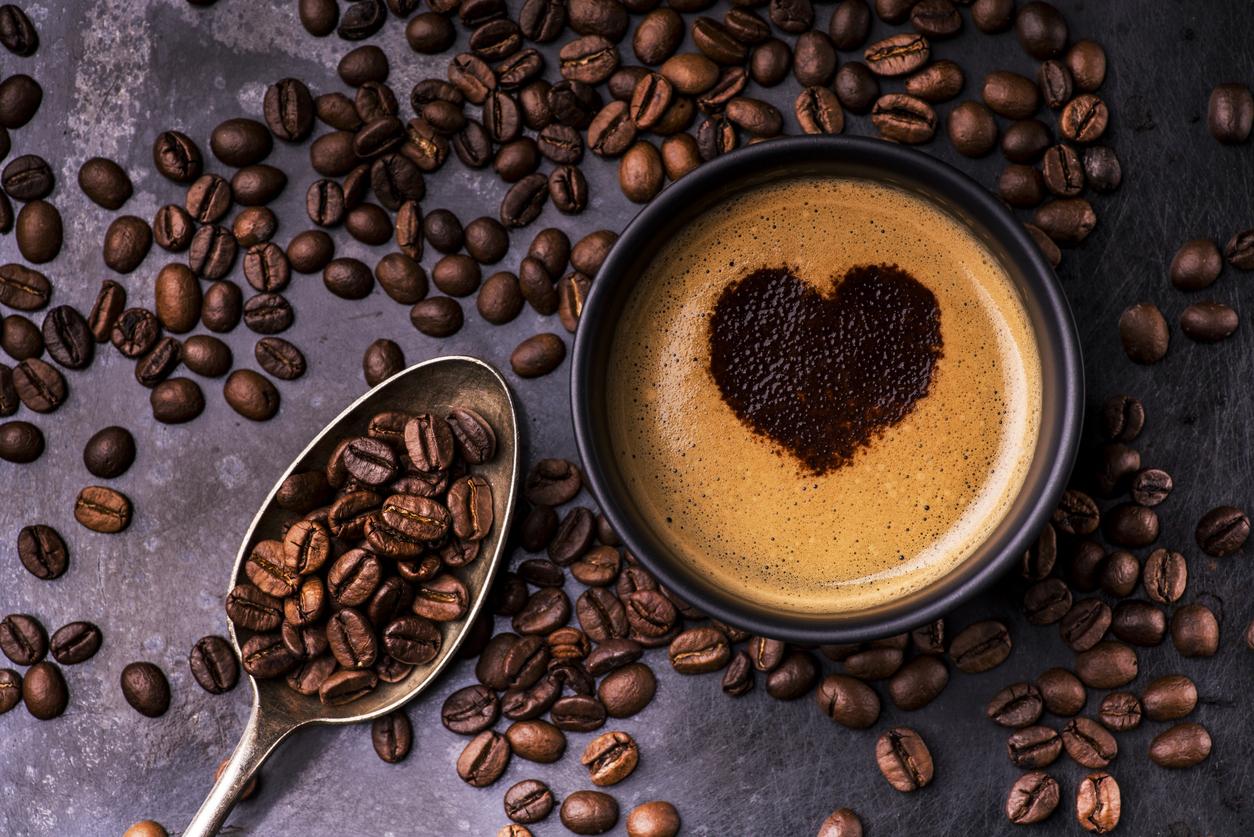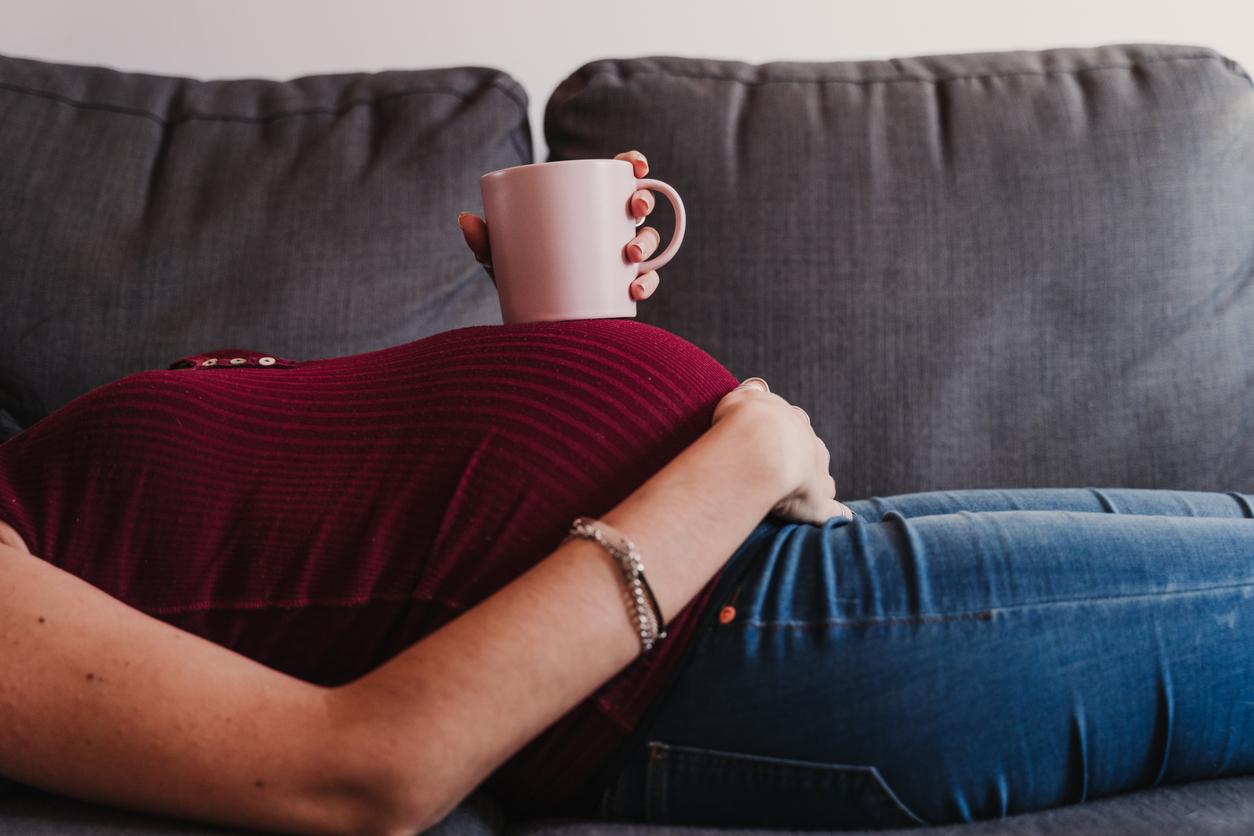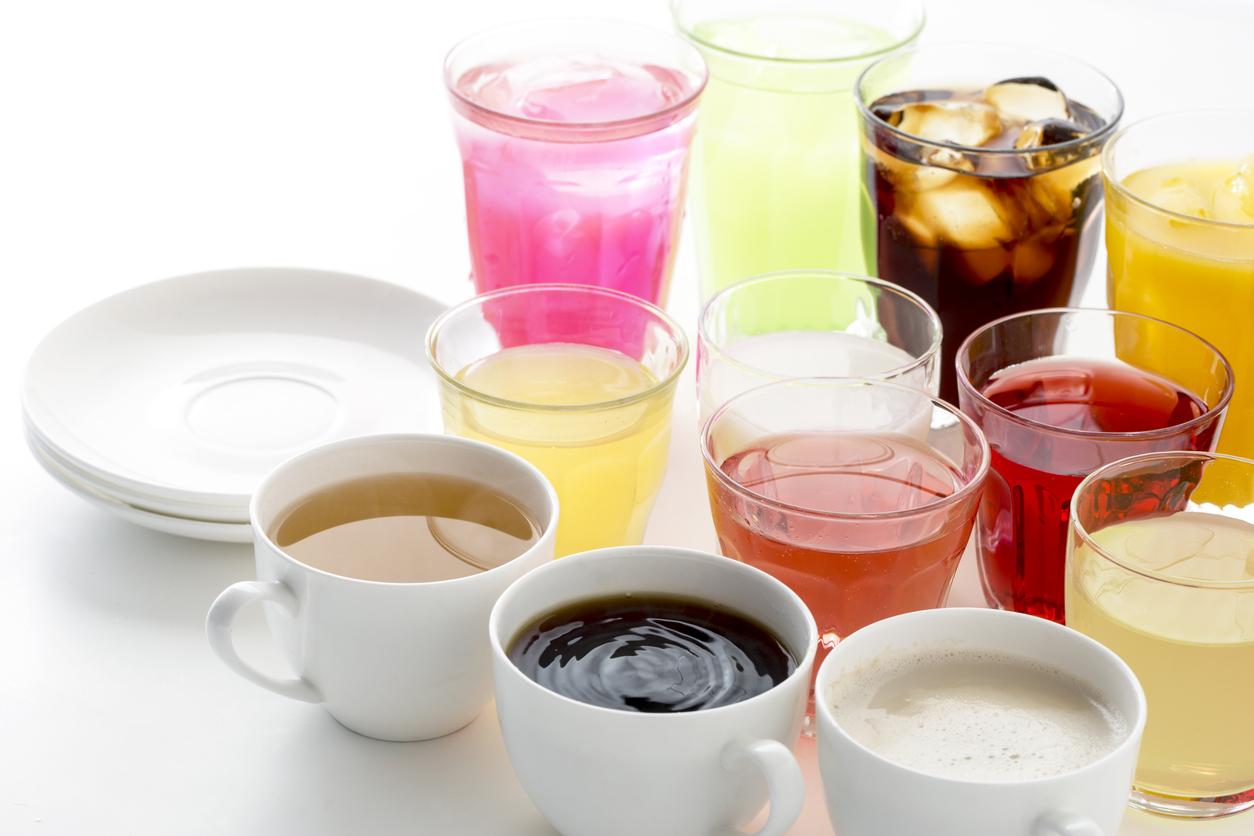
The antioxidants in coffee reduce the risk of (serious) diseases
Some people can’t start the day without a cup of coffee, others drink tea all day. But what is actually better for you? Coffee or tea?
Let’s start with the good news: tea and coffee are both healthy. They are, like water, excellent thirst quenchers. Coffee and tea do not contain sugar and calories by themselves, which makes them a much healthier choice than, for example, soft drinks or fruit juice. But… which is the winner: coffee or tea?
The benefits of coffee
One advantage immediately comes to the fore with coffee: it wakes you up and alerts you. That’s because of caffeine. This special substance has a powerful effect on the central nervous system. It wakes you up, it improves your mental alertness and it is even used in (top) sports to increase performance. One zero for coffee! And there is more. Coffee contains quite a few antioxidants. These substances help to reduce the risk of diseases. The antioxidants in coffee reduce the risk of cardiovascular disease, type 2 diabetes, Parkinson’s and Alzheimer’s, among other things. Two zero for coffee!
The third plus is that coffee supplies your body with moisture, just like other drinks. Some people think that coffee makes you dehydrated, but that’s not true. The caffeine in coffee only ensures that the fluid leaves your body relatively faster, because it stimulates the kidneys. But you don’t lose any more moisture. So you don’t get dehydrated from coffee. The position is three-zero for coffee.
The benefits of tea
First, tea also contains caffeine, although the amount in a cup of tea is three times lower than in a cup of coffee. Tea also makes you more alert. So one-one. But: tea does not cause the so-called ‘caffeine crash’ that you do get after a cup of coffee when it has worn off. Caffeine in tea is called theine by the way, but it is exactly the same. The score is 3-2 for tea!
Secondly, even the Health Council of the Netherlands has spoken out about the healthy aspects of tea, especially because of the antioxidants in tea. The Council states that tea protects against cardiovascular disease, type 2 diabetes and Alzheimer’s. In addition, drinking tea lowers the risk of a stroke, lowers blood pressure and has a beneficial effect on the cholesterol in your blood. The less the tea leaves are processed, the more antioxidants they contain. Green tea therefore contains the most of these healthy substances. The Health Council recommends drinking three cups of black or green tea a day. With all this scientific backing, this deserves two points: it’s 3-4 for tea! Tea is a good thirst quencher and contributes well to your daily amount of drinking fluid. The final score is 3-5 for tea.
What is less healthy about coffee?
Coffee also has some downsides. First of all, it contains cafestol, a substance that raises LDL cholesterol in the blood. With filter coffee, cafestol remains in the filter, so that drinking filter coffee has almost no effect on cholesterol levels. But unfiltered coffee, such as Turkish coffee, espresso or coffee from a cafetiere, raises LDL cholesterol. So no pure coffee. Secondly, there can be acrylamide in coffee, due to the heating of starchy substances. This substance can be harmful to health. There is not much acrylamide in a cup of coffee, but this can add up considerably if you drink a lot of coffee.
Finally, every advantage can also be a disadvantage. The strong effect of caffeine in coffee can also cause restlessness and disturbed sleep. Due to the effect of caffeine on the brain, drinking a lot of coffee can also lead to addiction. You may recognize it when you are used to drinking at least three cups of coffee and then suddenly stop. Then you can get headaches or concentration problems. It is therefore advised not to consume more than 400 mg of caffeine per day, or a maximum of four cups of coffee per day. Too bad for coffee: there are three negatives.
Are there any downsides to tea?
Tea is really the nicest girl in the class, because there are actually no downsides to black and green tea. There is only one thing to say about herbal tea. Licorice tea or mixing it with licorice (such as star mix) can raise your blood pressure. This is due to glycyrrhizone, a component of licorice root extract, which also gives licorice its distinctive taste. Herbal tea is not officially tea at all, because it is not made from the leaves of the tea plant. So we don’t count any negatives on the score list for this.
And the healthy winner is…
Tea! Both drinks have many healthy properties, but tea ranks slightly higher on the health ladder than coffee, making it the winner. Due to the caffeine in most teas and coffees, it is advisable not to drink both after 8 p.m. An exception to this is herbal tea, which contains no caffeine. Enjoy your coffee and tea, thinking that you are doing something healthy!
Sources):







